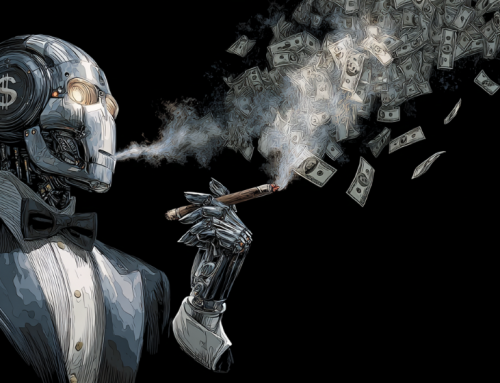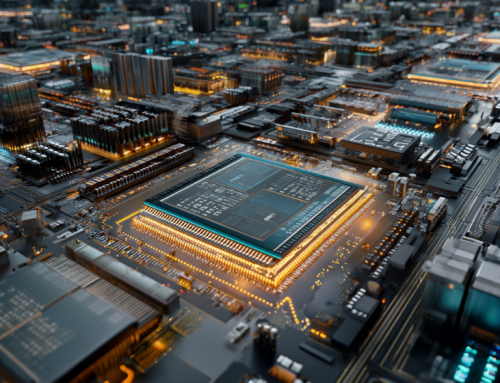Jobs Lost, Jobs Gained
The consulting firm McKinsey and Company predicts that 24% of Singapore’s current jobs could be displaced by the year 2030–with automation predicted to have similar results globally. The company predicts AI will impact the future of almost every business.
Jobs involving professional truck and car driving, medical technician roles and additional replacement of humans by robotics in manufacturing will be among the first wave of employment upheaval predicted.
“In China, at Foxconn, which makes the iPhone, robots have already replaced about 60,000 workers and will do 70 percent of the company’s assembly line work by next year…McKinsey points out that globally, if adoption of automation is rapid, as many as 375 million workers (about 14 per cent of the global workforce) will have to shift to new jobs or learn new skills.”
In addition to AI, blockchains, neural networks and still developing technologies may have an even greater impact, leading to urgent questions: Will new jobs match or exceed displaced ones? Will workers be able to adapt to the constant demands for new skills and repeated career changes? Will income disparity disappear or grow in the workplace?
No one can predict how the changes will unfold. However, as the so-called “fourth industrial revolution” continues, countries will have no choice but to expand their social safety nets, including unemployment and health insurance, workers’ rights and subsidies for education, training and childcare, unless they want to become third-world nations overnight. Even the radical idea of a universal basic income–a living wage, unconditionally payable to all citizens– should be on the table. Universal basic income already is being attempted in Finland and a few other European nations.








Leave A Comment